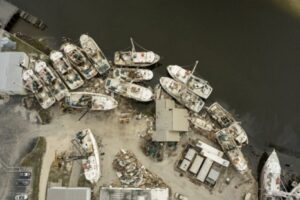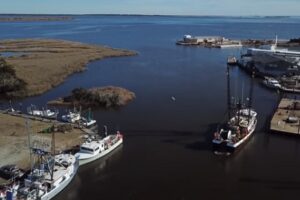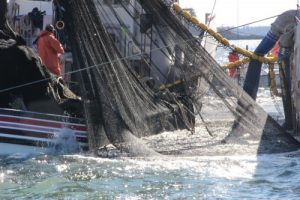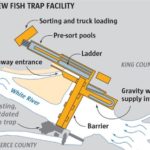Tag Archives: recreation
Seal oil is the best source of omega-3 and other facts about Canada’s misunderstood seal harvest
 Contrary to narratives spun by anti-sealing groups for decades, this practice is a testament to resilience and a crucial pillar of sustainability and economic survival. Despite numerous fear factors, some substantiated and others frivolous, coastal communities still rely on and support the responsible harvest of seals. For coastal Canadians, the ocean has been and continues to be a source of food, economic activity, recreation, and livelihood. Let’s follow the facts trail: The seal harvest uses techniques designed by a panel of international expert veterinarians. Seals eat 53 times more fish yearly than the entire Eastern Canadian fishing fleet catches. Government scientists have stated that seal predation is preventing the rebuilding of five fish species listed under the Species at Risk Act. >> click to read <<14:52
Contrary to narratives spun by anti-sealing groups for decades, this practice is a testament to resilience and a crucial pillar of sustainability and economic survival. Despite numerous fear factors, some substantiated and others frivolous, coastal communities still rely on and support the responsible harvest of seals. For coastal Canadians, the ocean has been and continues to be a source of food, economic activity, recreation, and livelihood. Let’s follow the facts trail: The seal harvest uses techniques designed by a panel of international expert veterinarians. Seals eat 53 times more fish yearly than the entire Eastern Canadian fishing fleet catches. Government scientists have stated that seal predation is preventing the rebuilding of five fish species listed under the Species at Risk Act. >> click to read <<14:52
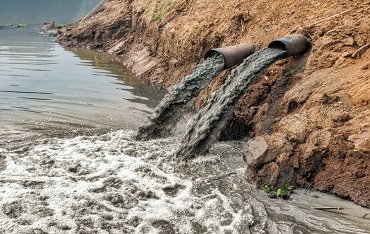
The Clean Water Act, passed into law 50 years ago, has fallen well short of its goals
Nearly half of the rivers and streams across the U.S. are considered too polluted to meet quality standards for swimming, recreation, aquatic life, fish consumption or as drinking water sources. The Environmental Integrity Project, a nonpartisan nonprofit formed by former Environmental Protection Agency attorneys, published a report that found alarming results of water quality tests in all 50 states. More than 700,000 miles of waterways, about 51 percent of assessed river and stream miles, are impaired by pollution. That’s in addition to another 55 percent of lake acres and 26 percent of estuary miles. >click to read< 16:49
New York, and Connecticut Lawmakers seeking $65 million to clean up Long Island Sound
 With new legislation proposed to protect and restore the waters of the Long Island Sound, Connecticut and New York lawmakers are hoping to reverse the effects of decades of over-development and pollution. The Long Island Sound Restoration and Stewardship Act would combine two water quality and shore restoration programs to be funded at, respectively, $40 million and $25 million per year through 2020. Read the rest here 19:22
With new legislation proposed to protect and restore the waters of the Long Island Sound, Connecticut and New York lawmakers are hoping to reverse the effects of decades of over-development and pollution. The Long Island Sound Restoration and Stewardship Act would combine two water quality and shore restoration programs to be funded at, respectively, $40 million and $25 million per year through 2020. Read the rest here 19:22


































